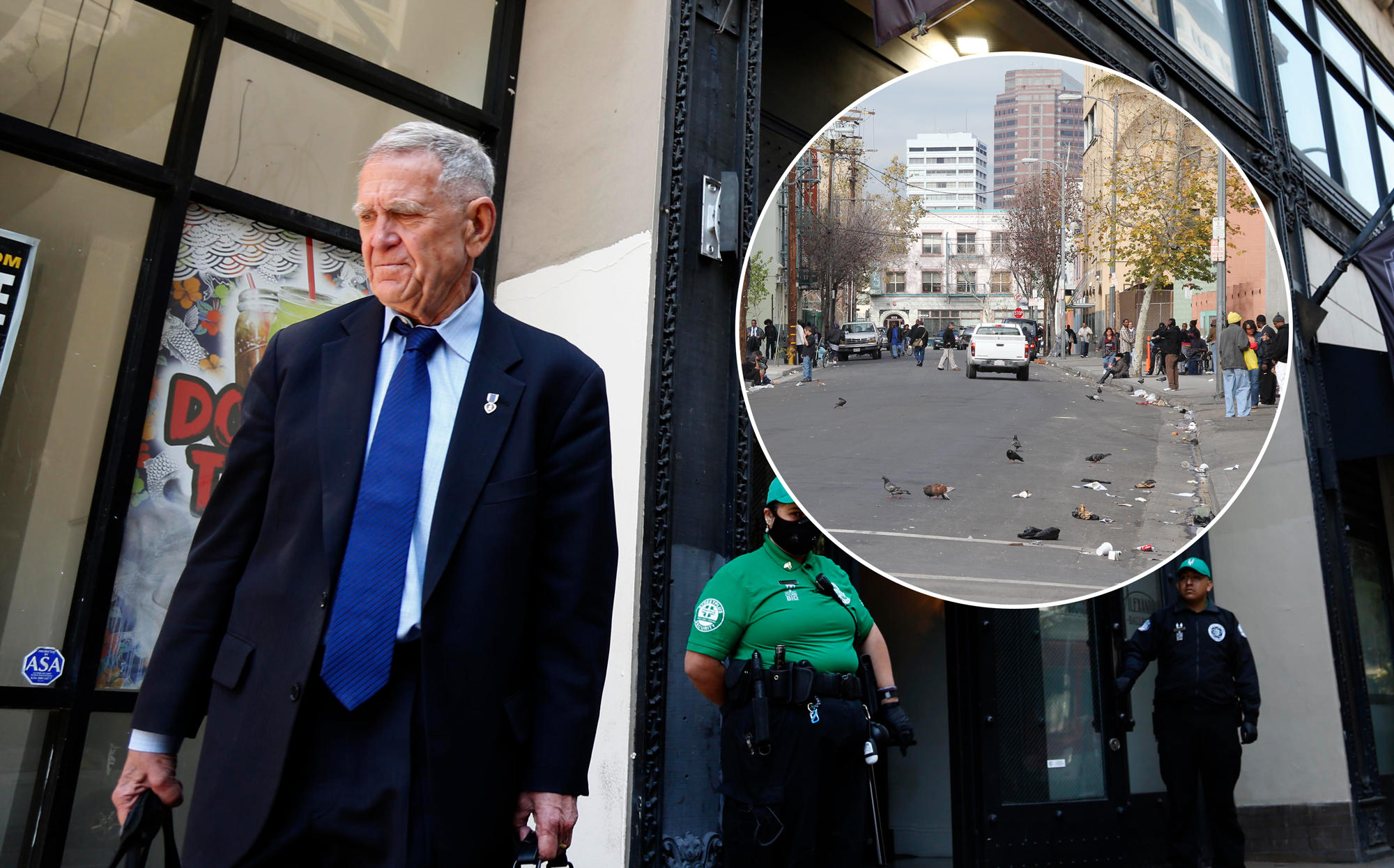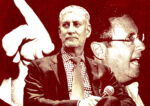Trending
Judge hauls LA officials to Skid Row to see lackluster coronavirus response
All six government-installed handwashing stations he tried were broken

A federal judge in Los Angeles took L.A. County attorneys for a field trip this week to show them first-hand how the county’s response to the coronavirus pandemic falls short.
U.S. District Judge David Carter told attorneys he tried to use six hand-washing stations recently installed in Skid Row, but they were all out of water and soap. To prove his point, he brought them there, according to the L.A. Daily News.
Carter is presiding over a lawsuit brought by the L.A. Alliance, a group of Skid Row business owners and residents, who say the city and county aren’t doing enough for their community in the short or long term.
The sanitation stations, along with portable toilets, were installed to help contain the pandemic among the 27,000 or so people who live in the neighborhood.
The county and the city have taken emergency measures to help contain the virus, including opening temporary shelters in recreation centers and trailers, as well as renting at least 760 hotel and motel rooms around L.A. to house people. The state is also renting hotel rooms.
L.A. City Attorney Mike Feuer said that the city plans to install 50 portable toilets and 60 more hand-washing stations in Skid Row, according to the Daily News.
Other parties also criticized the response. The Legal Aid Foundation of Los Angeles said in a court filing that the “critically important” interventions “are not being deployed at anywhere near the scale necessary” to stop the spread of the highly contagious virus. [LADN] — Dennis Lynch




